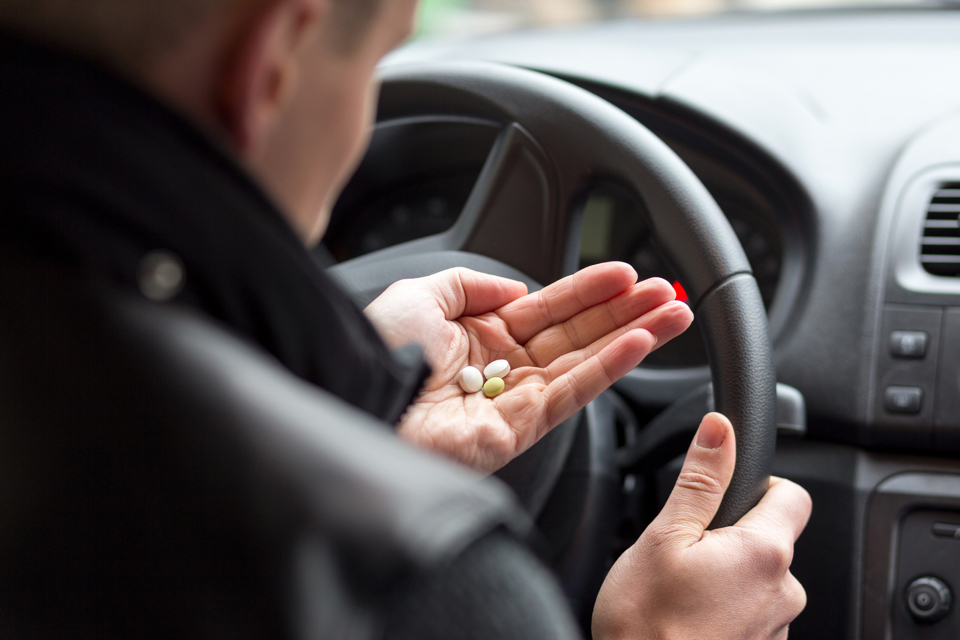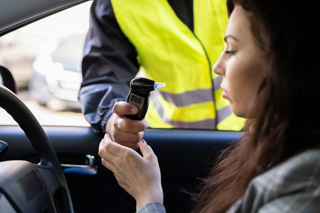The number of collisions attributed to drug driving has increased by 170% in less than a decade, new analysis of data from the Department for Transport (DfT) shows.
The Government figures reveal that drug-driving crashes rose from 684 in 2014 to 1,853 in 2023, with fatalities linked to drug driving increasing by 164% over the same period, from 47 in 2014 to 124 in 2023.
The analysis of data by Direct Line motor insurance also reveals that drug driving deaths accounted for 8% of all road fatalities last year.
Over the period analysed, cocaine, benzoylecgonine, cannabis, morphine and ketamine were the most common drugs detected in deceased drivers.
A powerful stimulant, cocaine, can impair people’s judgement leading to reckless over confidence, while cannabis can slow reaction time, reduce coordination and distort people’s perception of the road.
The most common age group for deceased drivers to test positive for illegal drugs was 20-29, followed by those aged 30-39.
In the 12 months to the year ending March 2023, approximately 3.1 million (9.5%) of those aged 16 to 59 were reported to be using illicit drugs.
Drugs, whether legal or prescription medication, can impact a driver in a variety of ways including one’s ability to judge distances, reaction times, lead to blurry or impaired vision, aggression, erratic behaviour, hallucinations, dizziness and nausea.
Matt Pernet, head of Direct Line Motor Insurance, said: “Anyone that gets behind the wheel after taking illegal drugs is making a terrible decision, which can have life-altering consequences for themselves and other road users.
“While there is a common misconception that some illegal drugs can keep you alert, consumption is not only illegal, but can also impact driving abilities significantly.
“Alongside taking illegal drugs, it is also illegal in England, Scotland and Wales to drive after taking legal prescription medication, if it impairs your driving.
“Penalties vary from a minimum of a year driving ban, fines, up to six months in prison and a criminal record.
“Car insurance costs will also significantly increase so speak to your doctor or pharmacist before getting behind the wheel when taking medication.”
For more from Fleet News on how fleet managers can tackle drug-driving, click here.
























Login to comment
Comments
No comments have been made yet.